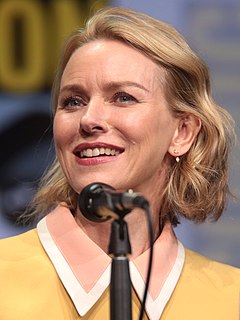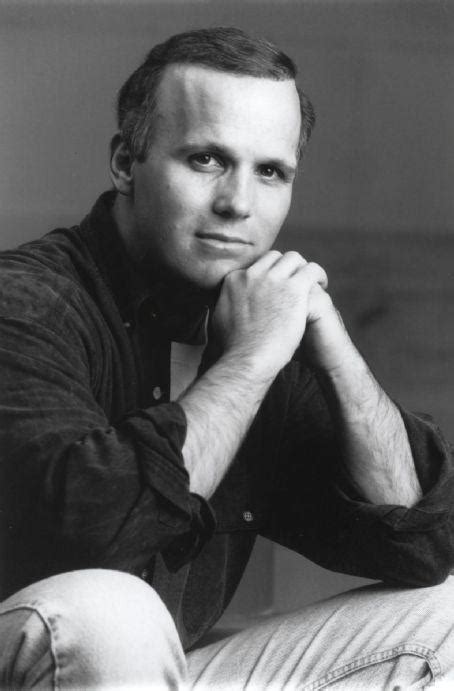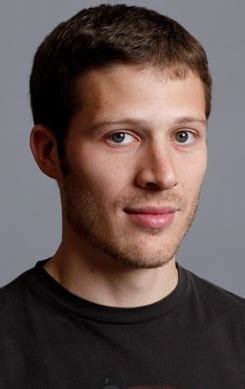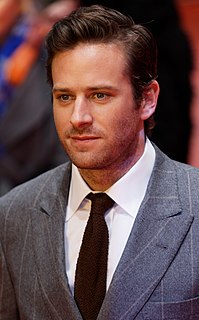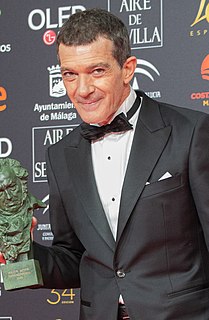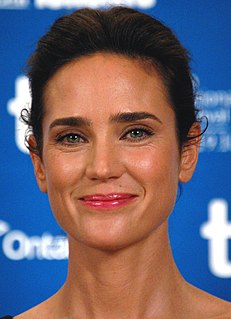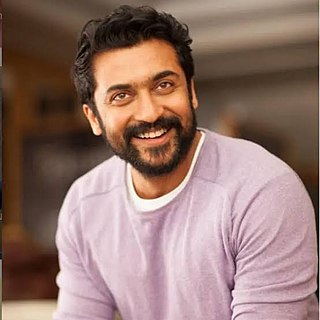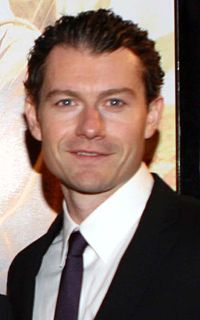A Quote by Jennifer Lawrence
I like to adapt to a director's way of working. I love doing that. Each director is so different, and you have to adapt to this new way of doing something. That's what's amazing to me. That's why I love directors. I don't want to director to have to work around me. I think it's more fun for me to come in on their thing.
Related Quotes
I've never like had a system or a program, I always think that I don't know how to act. I'll adapt to any director because I don't really have a set way that I do things. If a director hires me and says, "I want you to get started right now and do this research, this research, this research and I want you to have every line memorized before you ever show up for the first day," then that's what I'll do.
As an actor, it's always important to understand what the director is after. That, to me, is my job. When I'm acting, I like to ask a lot of questions and understand exactly why the director is doing what they're doing, so that I can provide him or her with the ingredients that they need to get the scene that they want. It's not to challenge them, in any way. It's just so that I can do my job best.
The best directing style is the one that lets me do whatever I want. Seriously though, I like to be challenged and I like to collaborate. I love finding the medium between what I think and what a director does. I hate when a director uses the "my way or the highway" approach. But it also sucks when they tell you everything you do is great and offer no input. It's a fine line a director has to walk. It is a hard job.
I've definitely had a bunch of action scripts sent to me, but again I'm a stickler for directors. If it's, like, an action flick with a great director, then it's like, 'Oh let's look at this thing,' but if it's just like a shoot-em'-up with a first time director, I don't know if that's the trajectory I want to take with what I'm doing.
Yeah, I mean I've definitely had a bunch of action scripts sent to me, but again I'm a stickler for directors. If it's like an action flick with a great director then it's like 'Oh let's look at this thing,' but if it's just like a shoot-em'-up with a first time director. I don't know if that's the trajectory I want to take with what I'm doing.
I discovered very soon, especially for movies, because I started in theater, that every director has his own universe. You have to be free enough to try to understand what he wants from you. Especially when that director has a tremendous personality. And I'm talking about people like Pedro Almodovar and Robert Rodriguez and Quentin Tarantino and Woody Allen. And you have to adapt. If you don't adapt to them, you are off the thing.
There are directors, and I think this is true of all directors, it would be true if I was a director - If the actor didn't want to do what I was suggesting, I would let him do it his way, and then I would say to him, "Just give me one where you do what the director wants", and that, of course, is the take that's used.
The producer can put something together, package it, oversee it, give input. I'm the kind of producer that likes to take a back seat and let the director run with it. If he needs me, I'm there for him. As a director, I like to have the producer there with me. As a producer, I don't want to be there because I happen to be a director first and foremost, I don't want to "that guy."
I like a director who is very observant and is watching what I'm doing and noticing what I'm doing but is giving me time to figure it out. They don't jump right in and give you a note before you've had time to really search on your own with how to do a scene. I like a director that encourages me to be playful.

